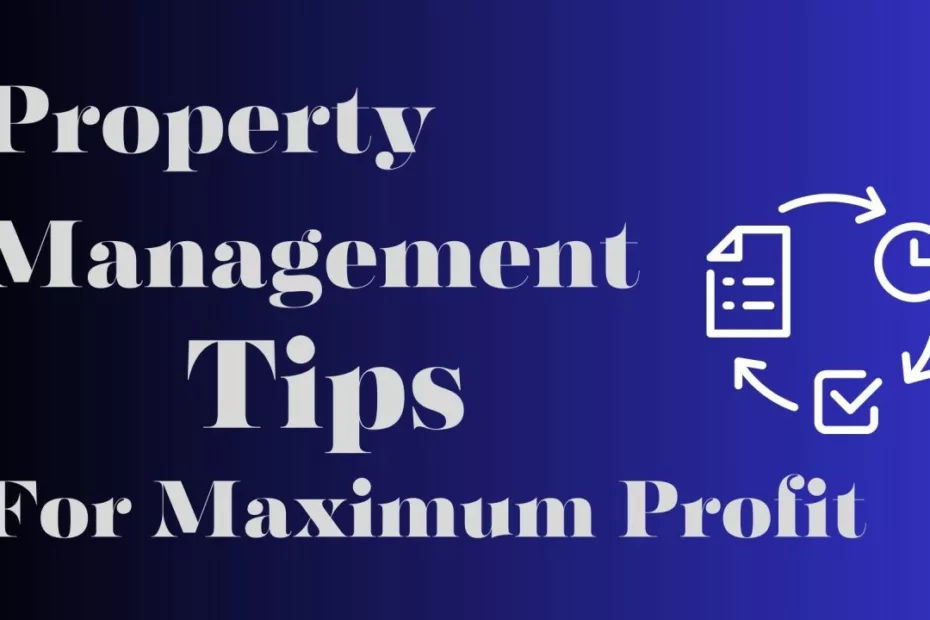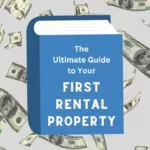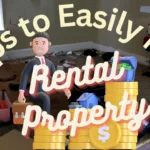Whether you are a first-time landlord or a successful landlord looking to improve efficiency, this article is for you. The property management tips below will help you become an effective property manager. These tips will bring you peace of mind, increased cash flow, and reduced expenses.
Why should you listen to me? I am an experienced property manager. I own over 70 rental houses and have been a landlord for over 16 years. Over that time, I have learned what to do and what not to do.
I have learned these property management tips over 16 years as a real estate investor. You won’t find these ideas in generic articles.
1. Collect the Rent

This may seem the most obvious of all property management tips, but it must be stressed: Collect the Rent.
Many landlords lament: “They are great tenants, but they are six months behind with rent.” Great tenants pay rent; great landlords collect rent.
The further a tenant gets behind, the greater their incentive to leave. Two months’ rent is often the same as a deposit and the first month’s rent at a new place. Add late fees, and it’s cheaper for a tenant to move than catch up.
Don’t chase the rent. The reason they didn’t pay is irrelevant, so don’t beg for a story.
If the rent is late, send a letter. If you don’t hear from the tenant, file for an eviction. It’s essential to start the eviction process as fast as legally possible; you can stop it if necessary.
If you must work out a payment plan, ensure it follows these rules:
- The tenant must ask for a plan. When the landlord pushes a payment plan, the tenant rarely adheres to it.
- Any plan must have all the rent paid in the month it was due.
- File for eviction when you agree to the plan. Add the eviction cost to the tenant balance.
File for an eviction quickly. A good landlord doesn’t wait weeks for payment on the plan only to start the eviction when the payment isn’t made. You can begin the process and stop it if payment is made.
A great property manager must know how to deal with tenants not paying their rent.
Note: Eviction laws vary by municipality. Be sure to follow the rules in your area. The gist of this tip is to get rid of non-paying tenants as fast as legally possible.
2. Don’t be a Slumlord
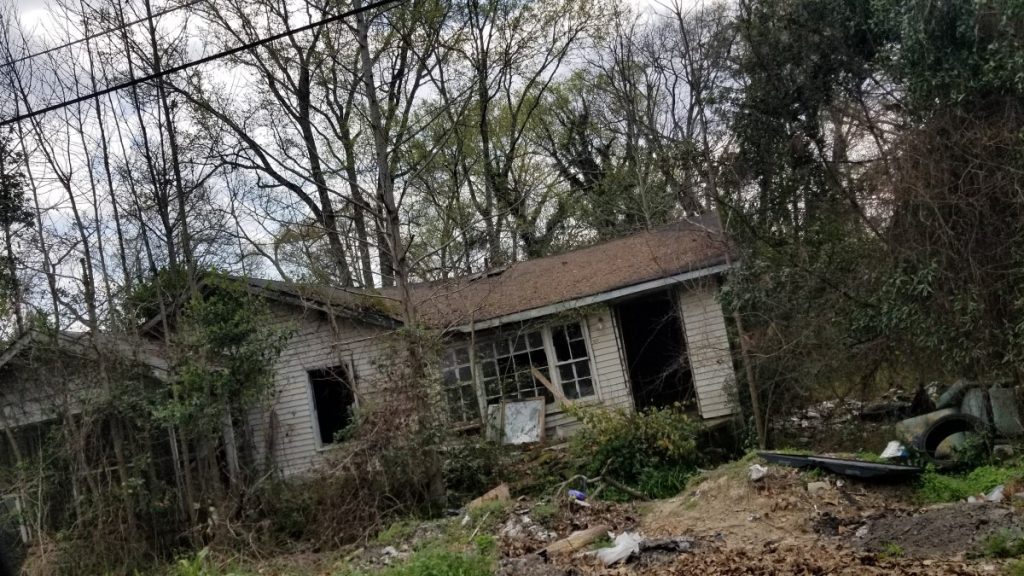
A slumlord is a landlord who owns poorly maintained, run-down rental properties and is unresponsive to tenant complaints.
At first glance, it may seem that avoiding repairs will save you money and increase your profit. However, this has proven not to be the case. In fact, owning run-down properties will cost you money in the long run.
Besides being a good person, here are some selfish reasons not to be a slumlord.
Vacancy Rates Increase: When a landlord is not responsive to complaints, the tenants will leave. Poorly maintained properties have a higher turnover rate, and turnovers are expensive. Additionally, dilapidated properties are difficult to rent, further increasing the vacancy rate.
Increased Tenant Calls: Property owners with run-down properties get more time-consuming tenant complaints. Landlords who ignore tenants get more calls from angry tenants. Maintaining a good relationship with tenants will make life easier for a property manager.
Ignoring Maintenance is Costly: Neglecting maintenance requests can lead to increased repair expenses. A leaking roof eventually ruins ceilings, rafters, and facia boards. Ignoring a small piece of rotten wood can lead to excessive decay.
Eventually, It Has To Be Done: When the tenant leaves, any deferred maintenance issues must be completed before a new tenant can be found. The work needs to be done anyway, and things go smoother when it’s done quickly.
The most crucial property management tip is: don’t be a slumlord. It’s a good idea to perform regular maintenance and handle repair requests in a timely manner. Keeping properties in good condition and tenants happy will reward landlords for years.
3. Avoid vacancies
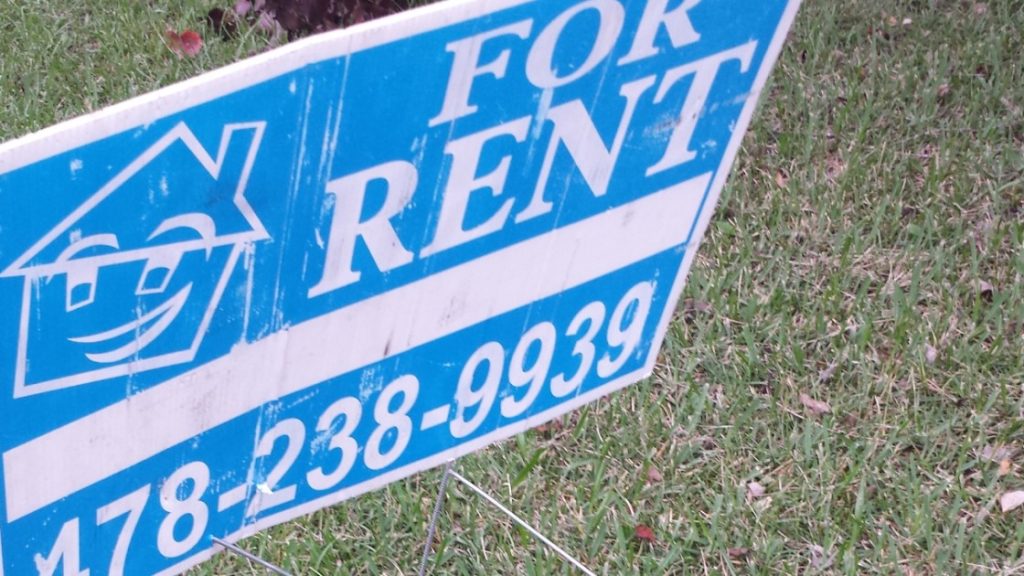
Vacant rental units are expensive. These properties are not generating income, but mortgage payments, taxes, and insurance must be paid. In addition, the turnover costs, such as painting and repairing wear and tear, can add up.
Theft: When properties are empty, there is an increased risk of the HVAC or wiring being stolen. These are expensive items that waste many years of rental income.
Vandalism: Vacant rental properties are a prime target for vandals. Windows may be broken, and people break in to use it as a hangout. Vagarants will use the bathroom without a working toilet, or worse, use a closet as a bathroom.
Deterioration: Rental units that remain vacant for long periods have a higher risk of damage. Lack of occupancy can lead to maintenance issues going unnoticed or unaddressed. This results in more extensive and expensive repairs when the property is eventually occupied again.
Insurance Implications: Many landlord insurance policies restrict coverage for vacant properties. Occasionally, claims against vacant properties are denied. Furthermore, the property owner often must switch to a more expensive vacant dwelling policy.
Legal Issues: Local regulations often have strict requirements and penalties for maintaining vacant properties. Many municipalities have blight programs that allow them to seize run-down vacant properties.
Liability Issues: Vacant properties can be taken over by squatters or vagrants. They have been known to start fires on the living room floor to stay warm. Unauthorized people in a rental property come with liability issues.
Vacancies are Harder to Fill: Units that have been vacant for a long time have a stigma. Potential tenants will be wary about problems and reluctant to rent.
A property manager’s income is from renting properties. The best way to maximize this revenue is to keep the property’s rent and rental payment flowing.
4. Don’t Needlessly Run Off Tenants
This property management tip may seem obvious, but many landlords want to lay down the law with the tenants. These landlords want to show the tenant who is in charge, making life unbearable for the tenant. They will evict for minor lease infractions or complain so much that the tenants leave.
Successful property managers are not looking for a reason to evict a tenant. Ensure rent is paid and the tenant isn’t destroying the property. Don’t sweat small problems or minor lease violations; they are not worth the cost of a vacancy.
The best property managers strive to enforce the lease agreement but don’t look for trivial issues to push tenants out. Poor property managers will complain about minor violations, such as a new roommate, and run off the tenants. Inevitably, this leads to a loss in revenue and an increase in maintenance expenses.
5. Don’t Set Rent too Low
Setting rent too low will reduce revenue, but your expenses will be the same.
Maintenance Issues: When rent is below the market rate, the tenant will often not call about minor maintenance issues. A property owner may see this as savings, but the deferred maintenance and lack of revenue are detrimental.
Undesirable Tenant Pool: Setting the rent too low may attract prospective tenants that do not meet screening criteria. This makes it more difficult for property management services to find reliable tenants.
Reduced Profitability: Setting the rent too low can negatively impact returns. With lower rent coming in, the profitability of the rental business will suffer.
Good landlords set the rent at the market rate for maximum returns.
6. Don’t Set Rent too High
Many property managers believe that setting rent too high is a great way to increase your income. It’s not! High rent leads to higher vacancies and several other problems.
Vacancy Problems: A property manager who asks for excessive rent usually has a vacancy for 3-4 months, then must lower the rent to the market rate. Even if they get the extra rent, it’s rarely enough to cover the losses from the vacancies.
Tenant Hassles: Tenants paying a premium are often more demanding and make frequent trivial requests.
Tenant Quality: Great tenants are hard to find and are in demand by many landlords. Who will be willing to pay excess rent? Tenants that overpay usually have other problems. They will trash the houses, or the landlord will have trouble collecting rent.
Higher Turnover: Tenants will realize they are paying too much and leave. This increases the vacancy cost. Income will drop, and turnover costs will spike.
7. Screen Tenants, But Not EXCESSIVELY
Great property managers are skilled at finding good tenants. The first step to maximizing profit is renting to quality tenants that will pay rent and take care of the property. Implementing a tenant screening policy is one of the best practices that can’t be ignored.
A good property manager must balance the tenant screening to find the right tenant. However, the screening process should not be so burdensome that it increases the vacancy rate.
Following local laws and knowing the local rental market are essential for effective property management. Background checks are crucial, but be realistic about the tenant pool. Some areas will not attract tenants with a 750 credit score, so don’t hold out for that.
8. Don’t Do repairs Yourself

At first, this may seem counterintuitive, but it’s one of the most important property management tips. Hire contractors, and don’t do repairs yourself.
Minimize Tenant Interaction: It’s crucial to keep the landlord-tenant relationship professional. A property manager should not be hanging out in a tenant’s house doing repairs. When a landlord has prolonged face time, a tenant will find it easy to as for trivial repairs or rental payment extensions.
Burnout: A landlord that does their maintenance work will eventually burn out. Even handy property managers who enjoy maintenance work will tire of doing it on schedule.
Responsiveness: A DIY landlord cannot be responsive as a group of professional contractors. This leads to tenant frustration and more stress for the landlord.
One of the best tips for property management is to let professionals handle maintenance issues.
9. Don’t Use a Property Management Company
If you are a property manager working for a property management company, feel free to ignore this tip. If you are a property owner, this is one of the best property management tips you will ever hear.
Many training courses and investing gurus will advise using a property management company. This is a sales tactic to overcome objects and sell a product.
Maintenance Costs: Property management companies are not incentivized to keep maintenance costs low. When issues arise, they send a contractor out and bill the owner. Their incentive is to take care of the problem quickly with minimal hassle, not to get bids and maximize value.
Learn the Business: For a beginning investor, learning the business is essential. Only after much experience managing property will an investor understand how to evaluate a property management business.
Low Value: After a landlord has several properties and much experience, hiring an employee is better than using a property management company. An employee will provide more service for less cost. In addition, the employee will manage the properties using your rules.
Interest Alignment: Property owners and property management companies strive to maximize profit. However, how a property management firm maximizes its profit differs from how a property owner maximizes their profit.
Real estate investors will see greater profits if they manage the properties themselves or hire employees working at their direction. Follow this property management tip, and don’t use a property management company.
10. Don’t Overpay for the Property
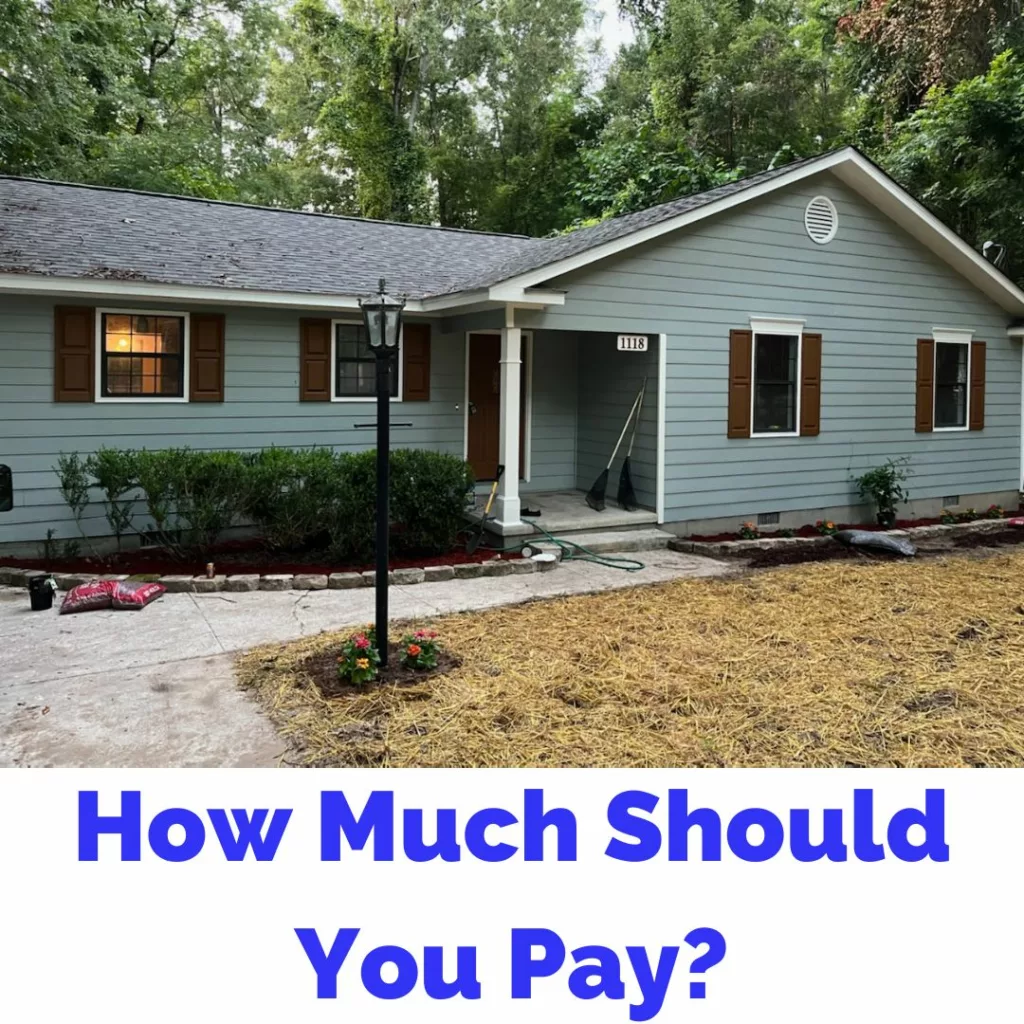
This property management tip is also the number 1 real estate investing tip. It is crucial to purchase the property for the right amount.
If a real estate investor overpays for a property, their ROI is lower, and debt servicing obligations are higher. I’ve never heard an investor say, “I wish I had paid more for that property.”
The goal of managing rental properties is to maximize profit. To do that, a property manager must collect rent while properly maintaining the property. The higher the acquisition cost, the harder it is to keep the property. The higher the acquisition cost, the lower the net profit.
In cases where the property owner overpays, the results of minor problems are amplified. When less is paid, the effects of problems are minimized. Minimizing problems is the key to effective property management.
Conclusion
This article has presented a collection of property management tips. These tips are designed to maximize profit and minimize the hassle of managing a rental house. Every tip comes from an actual landlord who owns more than 70 houses.
